2018-06-11 14:11
Panalpina is CTPAT re-validated by the US Customs and Border Protection
The Customs Trade Partnership Against Terrorism is part of the US Customs and Border Protection’s (CBP) multi-layered cargo enforcement strategy. Last month, US Customs and Border Protection (CBP) carried out an audit and re-validation of Panalpina’s CTPAT standing as a consolidator and broker.
Many of Panalpina’s customers shipping to or from the US require the CTPAT certification, and over 500 monitor Panalpina’s status via the CTPAT web-based portal system to ensure our good standing. The CBP officers who carried out the audit praised Panalpina for its best practices in the risk assessment process throughout the supply chain (including Security Risk Assessment and trucking subcontractor audits). They also commended Panalpina’s Miami facilities for having a class A certification from the Transported Asset Protection Association (TAPA).
Other best practices from a procedural standpoint noticed by the CBP were Panalpina’s human resources security policies, the company’s Driver Security Awareness Program, its unique forklift key control log and the 7-point container security inspection. “It is a well-earned achievement to have not only zero negative findings but also a notable best-in-class assessment,” says Pablo Suarez, Panalpina’s regional head of security Americas. “Any negative reporting and program suspension from CTPAT would result in a flurry of customer inquiries and cargo movement suspensions that would be unacceptable to Panalpina.”
Another bonus point was Panalpina’s use of BSI, iJET and Sensitech products for intelligence gathering and information sharing. “With these tools we get timely information on events such as hijackings, criminal trends, natural disasters, acts of terrorism, blockades and protests across the world, which is assessed and relayed to regional heads of security to take proactive measures,” adds Kevin Johnson, corporate head of supply chain security at Panalpina.
Panalpina went beyond the required steps and showed the CBP officers additional measures it takes to maintain security throughout the supply chain including its e-learning security training, warehouse security and cyber security initiative. “This shows how proactive and engaged Panalpina is in protecting their supply chain,” says Raymond Monzon, US Customs/CTPAT supply chain security specialist, who was in charge of the review.
While Panalpina’s security team led the initiative, it also engaged colleagues from the company’s different products during the process. In years past, the re-validation has taken place in Jordan, Malaysia and different countries in Europe. This year, CBP selected Panalpina’s Miami hub in the United States although the review remains global in scope.
Many of Panalpina’s customers shipping to or from the US require the CTPAT certification, and over 500 monitor Panalpina’s status via the CTPAT web-based portal system to ensure our good standing. The CBP officers who carried out the audit praised Panalpina for its best practices in the risk assessment process throughout the supply chain (including Security Risk Assessment and trucking subcontractor audits). They also commended Panalpina’s Miami facilities for having a class A certification from the Transported Asset Protection Association (TAPA).
Other best practices from a procedural standpoint noticed by the CBP were Panalpina’s human resources security policies, the company’s Driver Security Awareness Program, its unique forklift key control log and the 7-point container security inspection. “It is a well-earned achievement to have not only zero negative findings but also a notable best-in-class assessment,” says Pablo Suarez, Panalpina’s regional head of security Americas. “Any negative reporting and program suspension from CTPAT would result in a flurry of customer inquiries and cargo movement suspensions that would be unacceptable to Panalpina.”
Another bonus point was Panalpina’s use of BSI, iJET and Sensitech products for intelligence gathering and information sharing. “With these tools we get timely information on events such as hijackings, criminal trends, natural disasters, acts of terrorism, blockades and protests across the world, which is assessed and relayed to regional heads of security to take proactive measures,” adds Kevin Johnson, corporate head of supply chain security at Panalpina.
Panalpina went beyond the required steps and showed the CBP officers additional measures it takes to maintain security throughout the supply chain including its e-learning security training, warehouse security and cyber security initiative. “This shows how proactive and engaged Panalpina is in protecting their supply chain,” says Raymond Monzon, US Customs/CTPAT supply chain security specialist, who was in charge of the review.
While Panalpina’s security team led the initiative, it also engaged colleagues from the company’s different products during the process. In years past, the re-validation has taken place in Jordan, Malaysia and different countries in Europe. This year, CBP selected Panalpina’s Miami hub in the United States although the review remains global in scope.
< Korea Shipping Gazette >
많이 본 기사
- ‘부산 환적·광양 수출입’ 컨물동량 1%대 성장한국해양교통안전공단 이사장 공개 모집“한국해운 80년 역사 담았다” 해운역사기념관 개관태웅로직스, 이천 풀필먼트센터 구축…이커머스 물류 진출부산항 컨테이너 물동량 2488만TEU…최대치 경신‘컨선·LNG운반선 덕’ 선박수출액 8년만에 300억弗 돌파국제물류협회, 마이스터고 대상 ‘영마이스터 물류캠프’ 운영스위스 MSC, 부산-지중해 항로 개편…운송시간 단축해수부 신임 해사안전국장에 이수호 국장 임명기고/ 선박건조계약상 하자보증시 면책조항의 해석
- 지난해 中-유럽 정기화물열차 317만TEU 운송…전년比 8%↑엑소텍, 프랑스서 물류 자동화 행사 ‘엑소서밋 2026’ 개최인천항만공사, 인공지능 기반 혁신 우수사례 발굴 주력日 나고야항, 6년만에 260만TEU 달성싱가포르항공, 싱가포르-리야드 직항 노선 신설인사/ 국립목포해양대학교인사/ 해양수산부Hainan FTP's First Month of Island-Wide Special Customs Operations B...해수부 해운물류국장에 김혜정, 부산해수청장에 허만욱 임명부산신항만, 에너지 취약계층 지원 성금 전달
스케줄 많이 검색한 항구








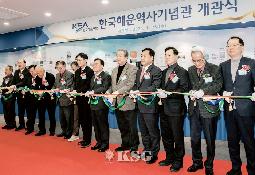
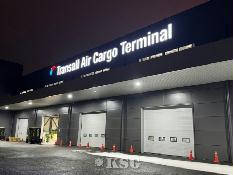



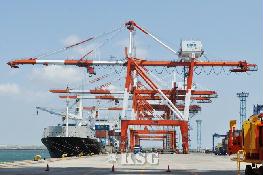

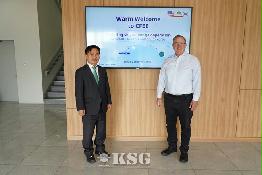
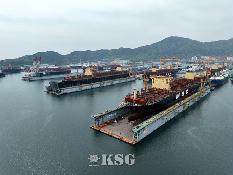


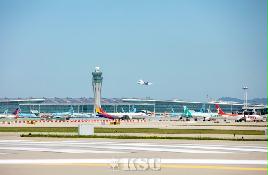

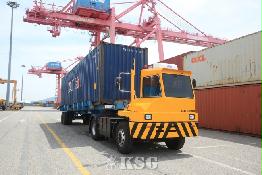


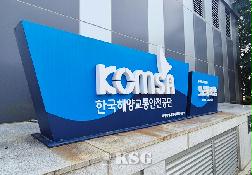



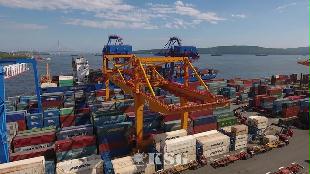

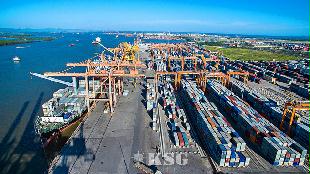
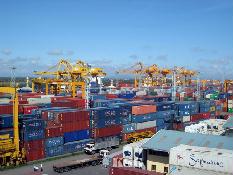





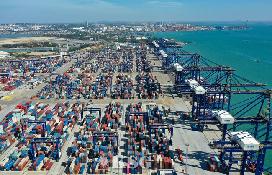


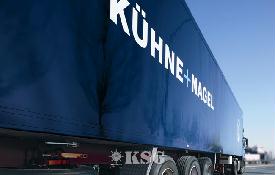






















0/250
확인